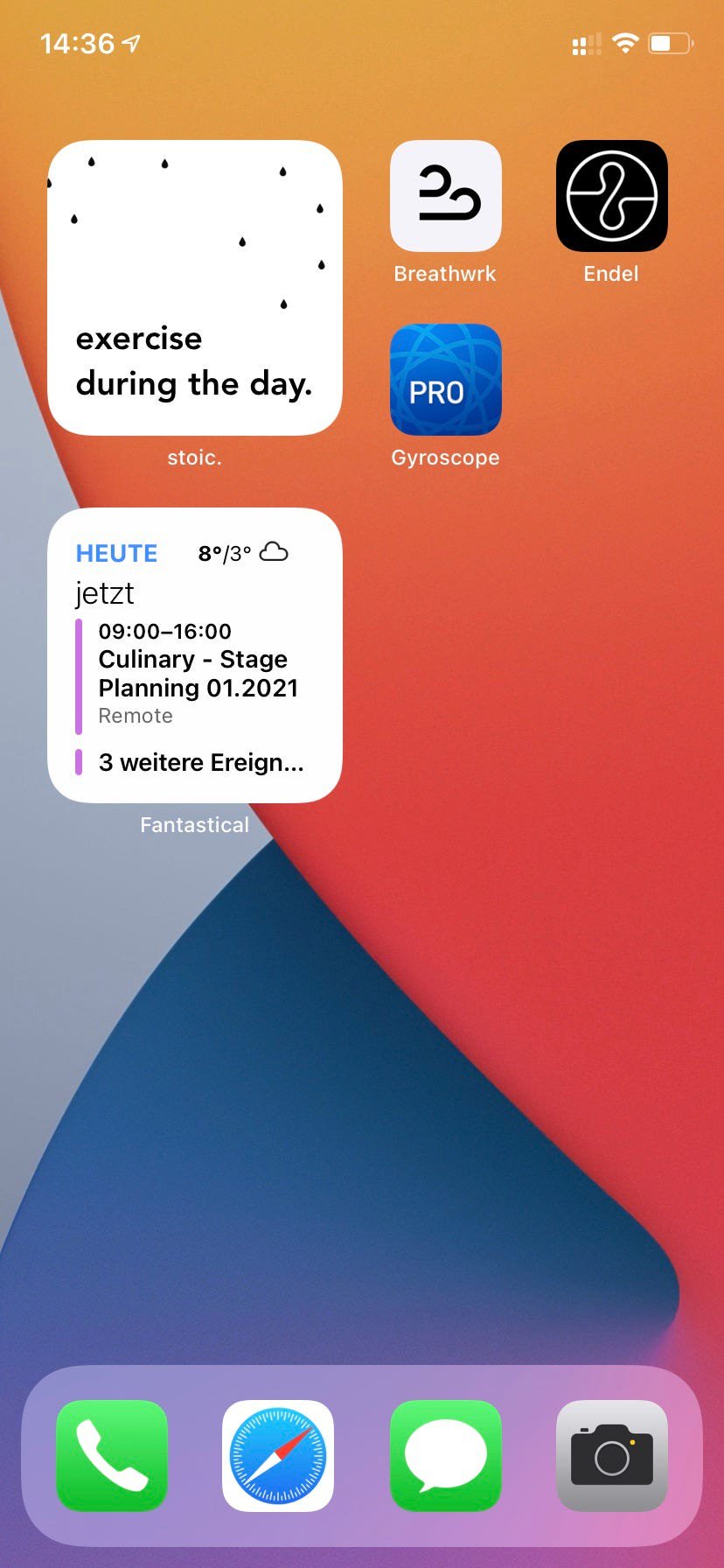How some small changes on your devices can help you reclaim time.
I have been designing digital products for over a decade. You often want to ensure that your customer uses your product frequently. One way of doing this could be behavioural momentum. For example, if you spend ten hours per day on Twitter, you would think: I am intelligent and would not spend ten hours on something unless it was helpful. Therefore this must be useful, so I can keep doing it. Many other tactics product designers use to ensure you spend as much time on their product as possible.
I thought that I was mindful of how I was using my devices. Reflecting on 2020, I realised I spent a lot of time on Instagram, Youtube, Twitter and 9Gag. I like the comparison of an infinite well. Once you start scrolling, there is no end, and the apps do a great job of keeping you engaged. I began to do some research on how I could stop wasting my time on mindless scrolling.
I like the approach that if you want to build a habit, you have to reduce friction, and when you're going to get rid of an unhealthy obsession, you have to increase friction. An excellent example of this would be that if you want to run more, you could sleep in your running gear, making it much easier to get out of the house the next day.
If you want to watch less TV, you could remove the batteries from the TV remote and put them in another room. So I was setting out to find a way to increase friction regarding app usage. Many approaches you see on the web will work well but seem too drastic to me. Some people suggest logging out of apps or re-downloading them every time. Following these suggestions would reduce app usage. To me, it was too much friction.
I tinkered with different setups, and I am sharing what worked well for me. The result was that I reduced the usage of Instagram, Youtube, 9Gag and Twitter by 90+ per cent. On the other hand, time spent on mindfulness and being productive shot up. So what did I change?
The easiest fix was to turn off notifications. My phone only vibrates if I receive a call or someone in my family sends me a message. I still receive notifications for WhatsApp and Slack, but they are delivered silently. Meaning I will only see them when I intentionally pick up my phone. Just this tiny change stopped me from checking my phone randomly.
Many people advocate removing all apps from the home screen. I was not too fond of this approach and thought about which apps enforce healthy habits.
In the bottom bar, I keep apps I often need daily to do my work. iMessage is there since it is my communication channel with my wife and kids.

On the home screen itself, you will find:
- My calendar, keeps me on track.
- Stoic, my journaling and reflection app.
- Breathwrk, breathing exercises and mindfulness.
- Endel getting in the focus zone.
- And Gyroscope, my operating system.
Everything else is off my home screen, and I use search to access it. Searching for something also shows clear intent. So my home screen is designed to remind me of good habits when I look at it.
A good tip from a friend of mine was to disable any app suggestions. Too often, you will see social media or news apps. So I advocate staying with a dumb app structure.
Lastly, I love the automatic "Do not disturb" mode. My devices switch to this mode at 8 pm and return to the usual way at 7:15 am.
TLDR;
- Turn off your notifications
- Keep your home screen clean
- Use search for everything else
- Leverage the "Do not disturb" mode
I like these changes because they significantly impacted my device usage, but I had not deleted or blocked any apps. Significant impact without being intrusive.
I would recommend giving my setup a try for two weeks and seeing how it will improve your life and how you can reclaim time.